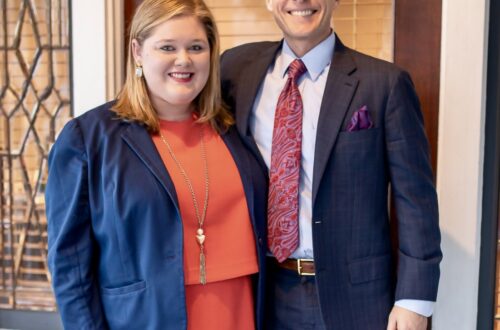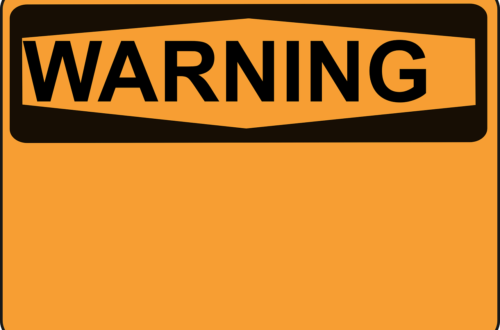Last Friday, United States District Judge Robert Conrad in the U.S. District Court for the Western District of North Carolina ruled in favor of Charlotte’s own Bank of America in a lawsuit brought by a Kentucky man pursuant to the Telephone Consumer Protection Act (TCPA). The plaintiff brought the suit in May 2020, claiming Bank of America called him approximately 300 times in 2019 in an attempt to collect a debt, despite the plaintiff revoking his consent.
The TCPA, enacted in 1991, “restricts the making of telemarketing calls and the use of automatic telephone dialing systems and artificial or prerecorded voice messages.” Specifically, “entities making telephone solicitations [must] institute procedures for maintaining company-specific do-not-call lists.” In granting summary judgment in favor of Bank of America last week, Judge Conrad relied in part on the U.S. Supreme Court’s March 2021 opinion siding with Facebook, Inc. on a similar issue. There, the U.S. Supreme Court applied the decades-old law to modern technology and unanimously held that “devices used to send robocalls and texts must use a random or sequential number generator to qualify as an autodialer under the TCPA.” Judge Conrad found the plaintiff lacked evidence that the system at issue used a random or sequential number generator, while Bank of America provided evidence that the system did not use a random or sequential number generator. Judge Conrad’s May 28, 2021 opinion marked the end of the year-long legal battle.
The attorneys at Lindley Law have significant experience handling civil lawsuits in North Carolina. If you need assistance with maintaining or defending a lawsuit in state or federal court in North Carolina, please contact us at (704) 457-1010. For more information regarding our firm, attorneys, and practice areas, please visit our website at www.lindleylawoffice.com.




